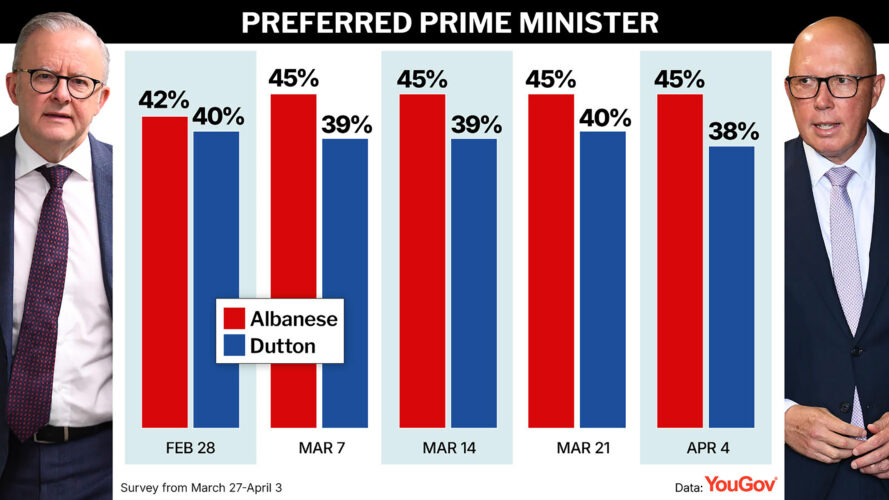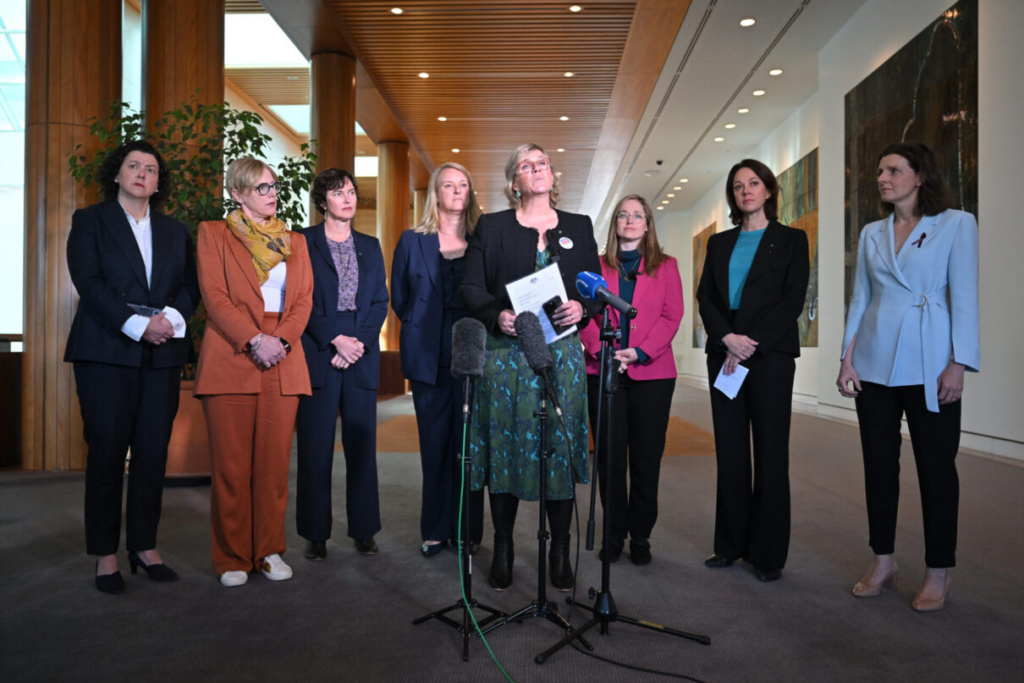Climate change is MIA this election
Both major parties have largely avoided the topic of climate change at this election. This might be surprising given the number of climate disasters that have hit Australia over the last 3 years. This included having to change the PMs preferred date of the election because of a cyclone striking southeast Queensland.
But the lack of direct discussion doesn’t mean their policy announcements don’t touch on the issue. Dutton has today announced that he will neuter the recently passed vehicle efficiency standards. These standards would bring us in line with almost every other developed country in the world.
Dutton has claimed that it is a car tax, but this isn’t true. It will lower the price of more fuel-efficient cars, while increasing the price of less fuel-efficient cars, like giant utes. Given Dutton has been running around the country professing concern about the cost of petrol and diesel, you might think he would be in favour of Australians being able to travel more using less fuel.
As part of the Coalition’s nuclear energy plan, they have previously said they will run Australia’s aging coal fired power stations for longer. Nuclear plants will take decades to deliver (assuming they can be built at all) and they plan to use coal to fill the gap.
But Labor do not have a stella record over the last 3 years to run on. Emissions should be going down but instead they have largely gone sideways.
For a campaign that started with a climate disaster, it has been strangely absent from discussion by the main two parties.


